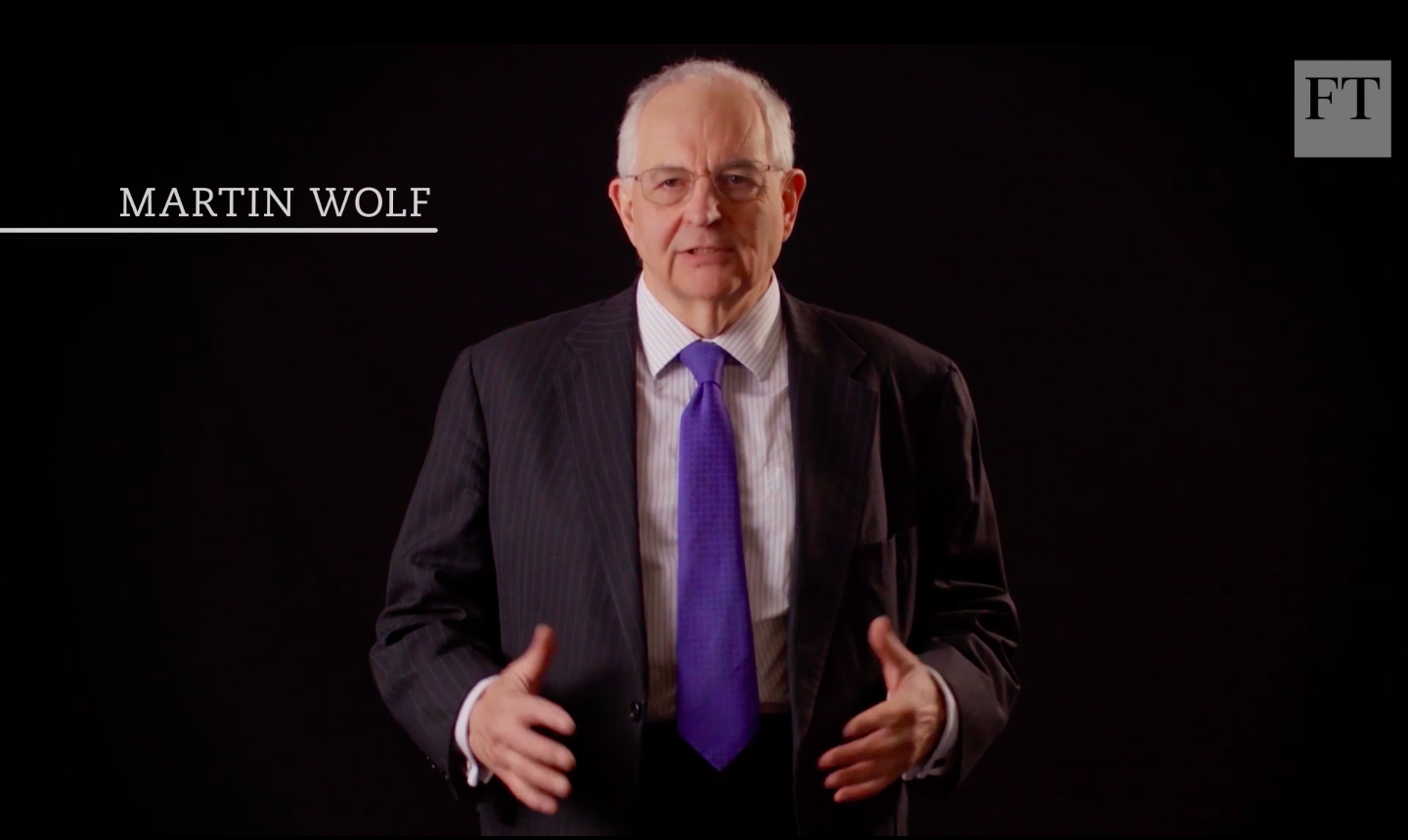
Financial Times video: 'Cybercrime's threat in a cashless world'
Claims that going cashless would reduce crime are once again put to bed by none other than the Financial Times' chief economics commentator Martin Wolf in an insightful video.
The two-minute video, titled 'Cybercrime's Threat in a Cashless World' (posted August 14th, 2017) looks at some of the new ways hackers and governments can exploit consumers in a cashless world.
Limitations and restrictions on cash freedoms should be closely monitored by the people. The recent European Union Commission initiative for restricting cash payments and India's sudden demonitization were both founded on the expectation that it would crack down on crime. But if it's the law-abiding citizens who are affected while criminals simply conduct their shady business regardless, it begs the question, why are central banks and governments really pushing towards going cashless?
Excerpt from Financial Times Video

Screenshot of Martin Wolf in FT 'Cybercrime's threat in a cashless world' video
'The drive towards a cashless society may eventually eliminate cash-based crimes, but there are myriad ways our digital life can be exploited by criminals and even governments. Fraud, transaction laundering, hacking - the digitisation of commerce and banking has left us vulnerable in new ways.'
"Governments around the world appear to be waging war on cash. France is considering banning cash for transactions above 1,000 euros, and a number of other governments are eliminating their highest-denominated notes. But might the elimination of cash also make us less safe? [...]"
Watch Financial Times' video here
Watch Financial Times YouTube video here
This video was published on the Financial Times' website on August 14th, 2017 and was produced by Alpha Grid.
